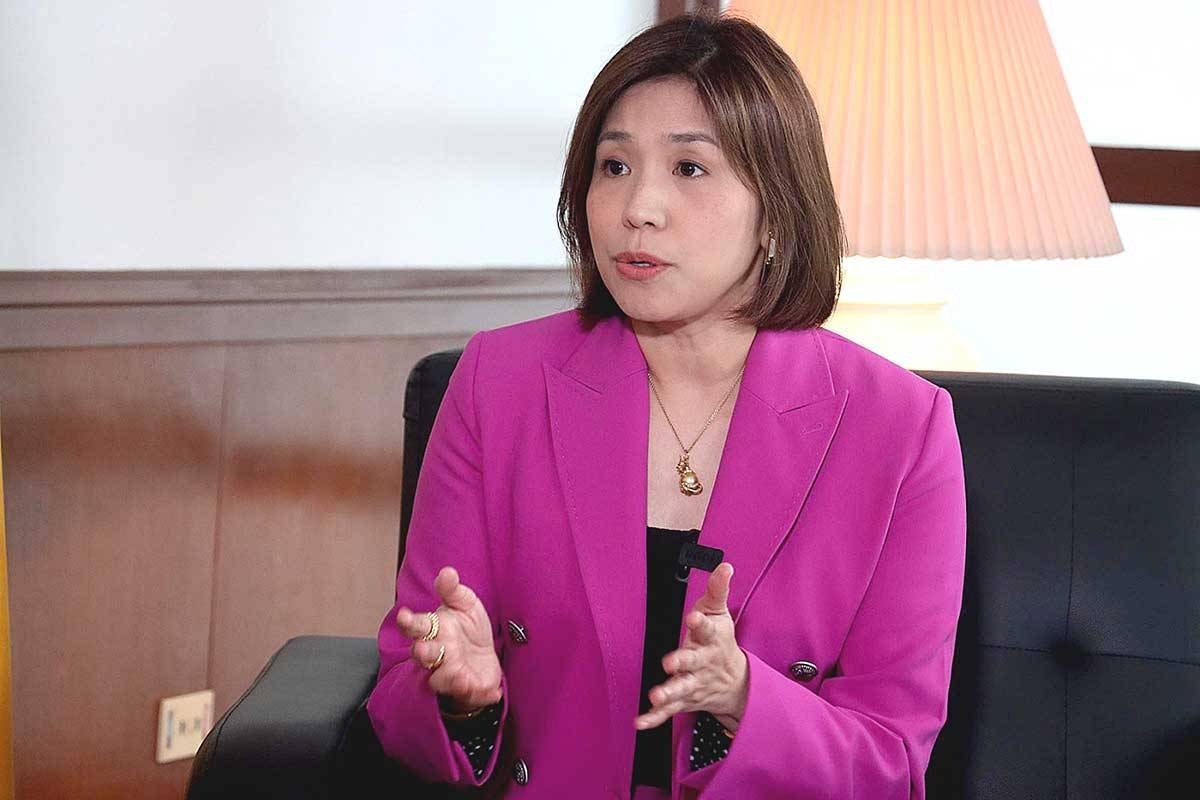Advancing Women’s Rights: The Philippines’ Commitment to Gender Equality
The Department of Budget and Management (DBM) Secretary, Amenah Pangandaman, recently emphasized the progress made by the Philippines in promoting women’s rights. Speaking at the 68th annual Commission on the Status of Women (CSW68) reception in New York City, Pangandaman highlighted the country’s achievements and called on women worldwide to raise their voices for gender equality.
The CSW is a global intergovernmental body dedicated to advancing gender equality and empowering women. This year, the Philippines has taken the helm, with Antonio Lagdameo, the permanent representative of the Philippines to the United Nations, chairing the CSW68.
Pangandaman underscored the Philippines’ commitment to gender-responsive governance and recognized the multifaceted challenges faced by women in society. The enactment of the Magna Carta of Women, a comprehensive anti-discrimination and gender-equality law, has been a significant milestone. To ensure concrete progress, the Philippines has set goals in the Gender Equality and Women’s Empowerment (GEWE) Plan 2019 to 2025.
In addition to policy changes, the Philippines has also prioritized gender-responsive budgeting. Since 1995, all government agencies have been allocating at least 5 percent of their budgets to support programs and activities related to GEWE. In 2022 alone, the Philippines invested $18.9 billion in gender programs.
Pangandaman highlighted the integration of gender into social protection initiatives, such as the Pantawid Pamilyang Pilipino Program. This conditional cash transfer program has seen exponential growth, with a budget increase from $5.37 million in 2008 to $1.9 billion in 2024. The program directly benefits 4.4 million Filipino households by providing cash grants to eligible mothers. This support enhances their ability to invest in the well-being of their families, improving the survival, health, and access to education for their children.
Recognizing the vital role of women-led micro, small, and medium enterprises (MSMEs) in the Philippine economy, the government has implemented various initiatives to support women entrepreneurs. The Kapatid Mentor Me program offers coaching and mentoring to enhance their business skills. Additionally, government loans have been made more accessible, providing women with improved access to financing.
The Philippines is also committed to upholding the rights of women and children during disasters. Efforts are underway to establish nationwide evacuation centers specifically designed to cater to the needs of women and girls. These centers aim to ensure their safety and well-being during times of crisis.
Despite these achievements, Pangandaman acknowledged that more work needs to be done to achieve genuine inclusivity and gender fairness in the Philippines and the world. The government is actively pushing for the implementation of an inclusive procurement program. By amending the Government Procurement Reform Act, the Philippines seeks to enhance competition and address gender gaps within procurement processes.
As the CSW68 continues, with the theme “Accelerating the Achievement of Gender Equality and the Empowerment of All Women and Girls by Addressing Poverty and Strengthening Institutions and Financing with a Gender Perspective,” the Philippines remains committed to its mission. Pangandaman’s closing remarks emphasized the importance of collective efforts to create a future where women and girls are empowered in a gender-equal world.
The progress made by the Philippines serves as an inspiration to countries around the globe. By prioritizing gender-responsive governance, integrating gender into social protection initiatives, supporting women entrepreneurs, and upholding the rights of women and children, the Philippines is setting a positive example for achieving gender equality. It is crucial for women worldwide to let their voices be heard, as collective action is essential in creating a future where gender equality is a reality.







